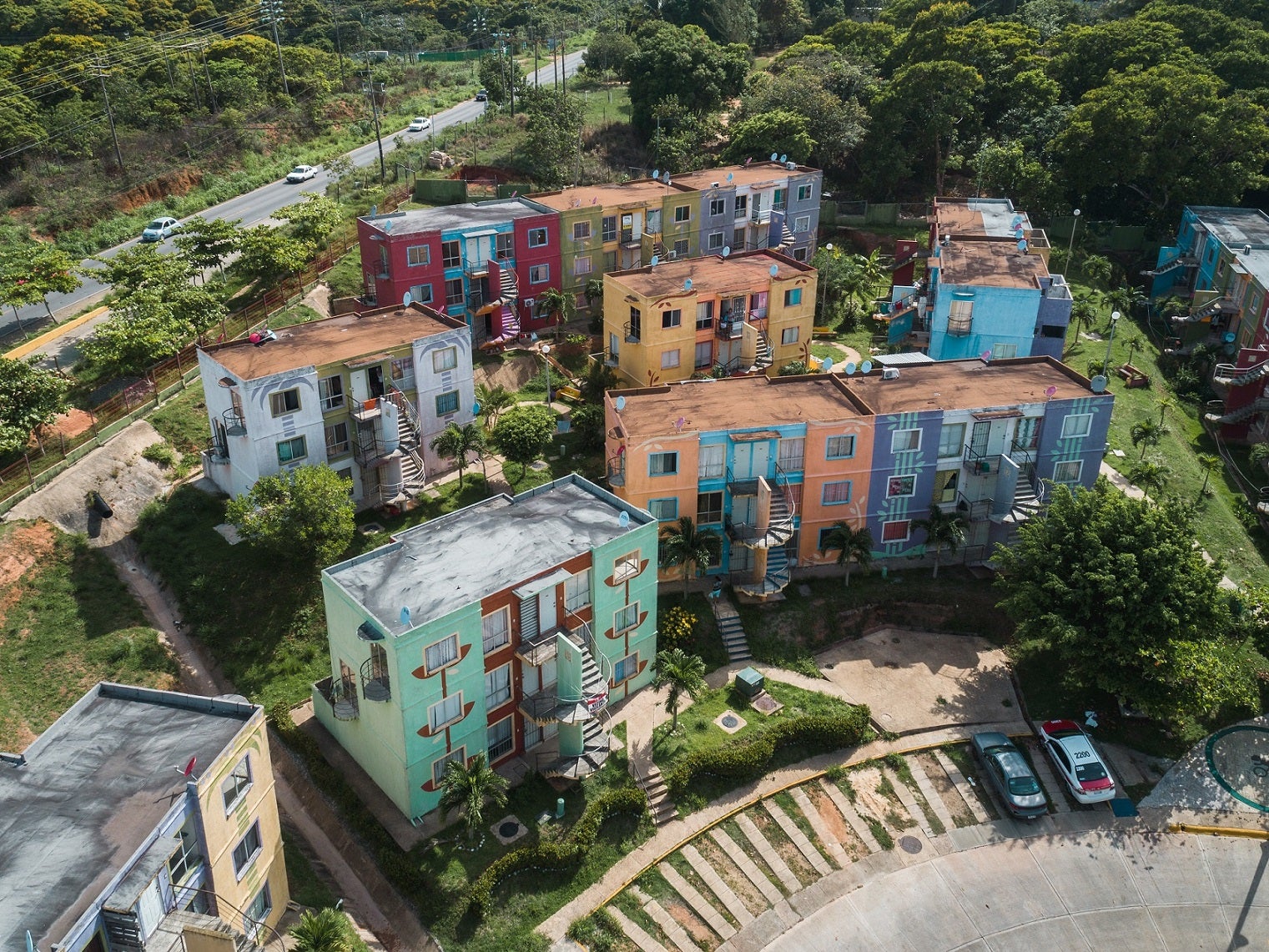Two-thirds of the Latin American population live in cities and almost 80% in urban areas. This is how Latin America is positioned as the most urbanized region of the developing world, which means that by the year 2050, nine out of ten Latin Americans will live in cities.
Rapid urbanization brings opportunities for subnational governments towards sustainable development. The impacts of climate change are increasingly evident, and every year there are more victims and economic damages. Cities must learn to adapt to these impacts and recognize that they play a central role in global efforts to increase climate action. Let’s dive deeper into what subnational governments can do to tackle climate change in cities.
- Energy transition: Moving towards a sustainable model that replaces the production that uses polluting sources with clean energy sources. A study by the Inter-American Development Bank (IDB) estimates that the primary energy demand for all of Latin America will be 80% higher and its consumption will be more efficient. The countries of the region are preparing their 2050 decarbonization plans and can help cities contribute to comply with the Paris Agreement and the Sustainable Development Goals (SDGs).
- Transportation: In 2015, approximately 180,000 people in the region died prematurely due to diseases related to air pollution. According to World Resources Institute (WRI) data (2015), the transport sector in the region emits a large part of the total emissions (approximately 34%), in contrast with OECD countries (approximately 28%). Local governments could promote initiatives such as “Smoke-Free Transportation” or provide electric public transportation. In Uruguay, electric recharging stations have already been implemented and cover more than 300 km of the country’s main roads.
- Better planning: It is essential to improve urban planning to identify areas of risk and areas of potential risk. The management of climate risk must be entirely related to urban planning. Cities need to incorporate better sanitation, energy, and transport systems. Planning to generate more sustainable cities requires adopting a more holistic vision of development. That said, sustainable infrastructure appears as an essential player for the growth and development of cities.
The good news is that the cities of Latin America and the Caribbean are aware of their role in relation to the Paris Agreement. Many of them were protagonists in the great event that took place in the city of San Francisco, United States. The IDB, in collaboration with other organizations such as the French Development Agency, and the Climate Policy Initiative (CPI), developed an event under the umbrella of the Global Climate Action Summit in order to highlight the impact that Latin American cities are having in the implementation of their climate commitments.
The governments of the region, at all levels, have been drivers of climate action for years and are more committed than ever. It is essential that they are able to integrate into their policies, tools and good practices, so that Latin America and the Caribbean can move towards sustainable development, with inclusive cities designed and developed for their citizens and the environment.


Leave a Reply